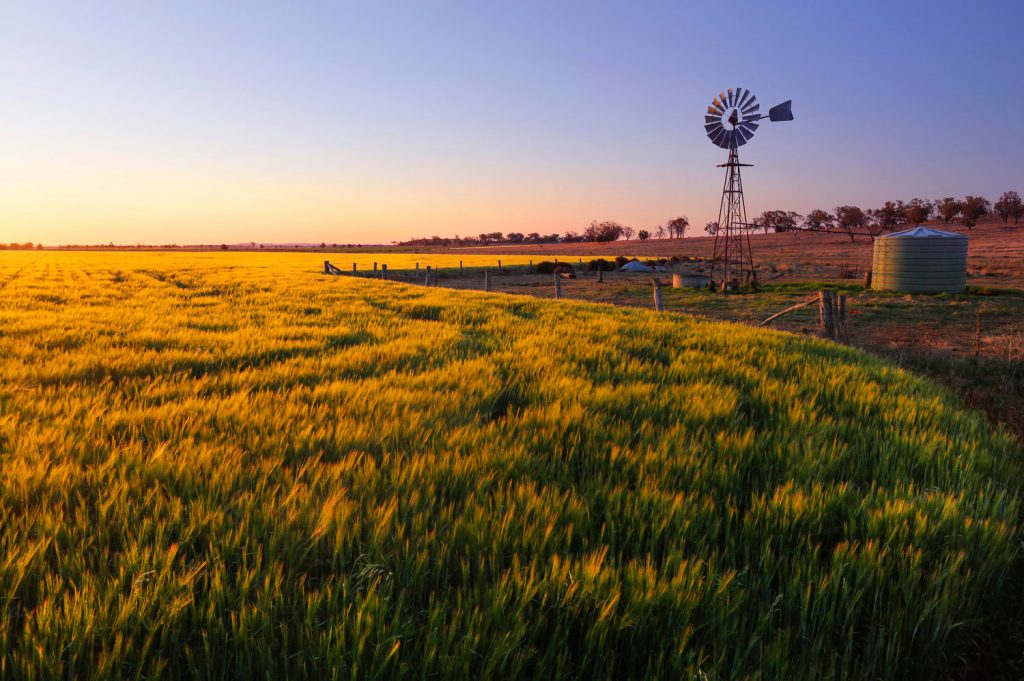



Article by: Hari Yellina
The good seasons and soaring worldwide prices that have made recent times among the most affluent for most of Australian agriculture will not endure. The capacity to meet sustainability standards on a competitive basis, as well as continued market access gains, will be the spoils in the future. This was a significant message from today’s opening sessions of the Australian Bureau of Agricultural and Resource Economics and Sciences’ annual conference Outlook. In the world of Australian agriculture, two amazing events are taking place, according to ABARES executive director Jared Greenville.
“Better seasonal conditions have unlocked years of underlying productivity development, resulting in record levels of production,” he said. Past research and development efforts, as well as the opening up of international bilateral agreements, were finally yielding tangible results. The second noteworthy occurrence is that the price paid for Australia’s production products bundle has surpassed a 30-year high. “When we last had these kinds of world pricing, a more interventionist approach to farm policy stifled production,” Dr. Greenville added. While government economists predict the good times to continue for at least another year, Dr. Greenville believes there are longer-term potential for a forward-thinking sector that taps into some of the growing sustainability expectations.
There is a growing realisation that land biodiversity stewardship is a part of farming and land management, and new markets are emerging to establish these traits as ag outputs in their own right. This includes carbon markets, which provide new methods to diversify farm revenues. Between now and 2050, ABARES predicts a threefold increase in the number of customers in high-income countries. “That’s roughly three billion additional high-income consumers who will demand our products and have higher sustainability expectations,” Dr. Greenville explained. “Take Indonesia, for example: between now and 2050, both demand for our products and imports are predicted to rise dramatically. For Australian producers, this type of expansion provides a tremendous potential.” Officials know that difficult seasons will return and that there will be future interruptions in international supply chains, market access challenges, labour shortages, and other issues to contend with. It will be critical to invest in things that will help us to be more robust.